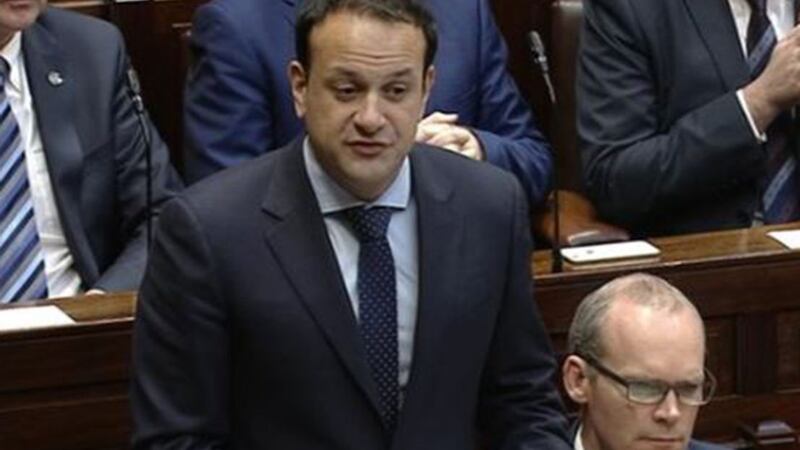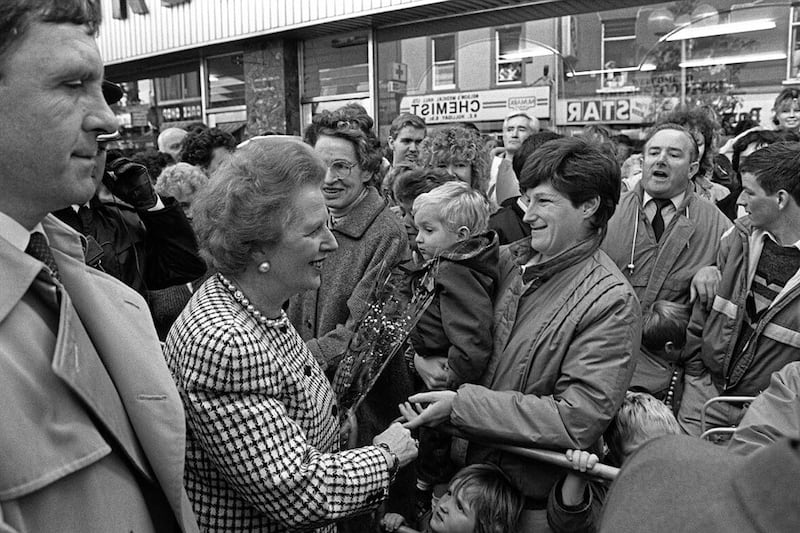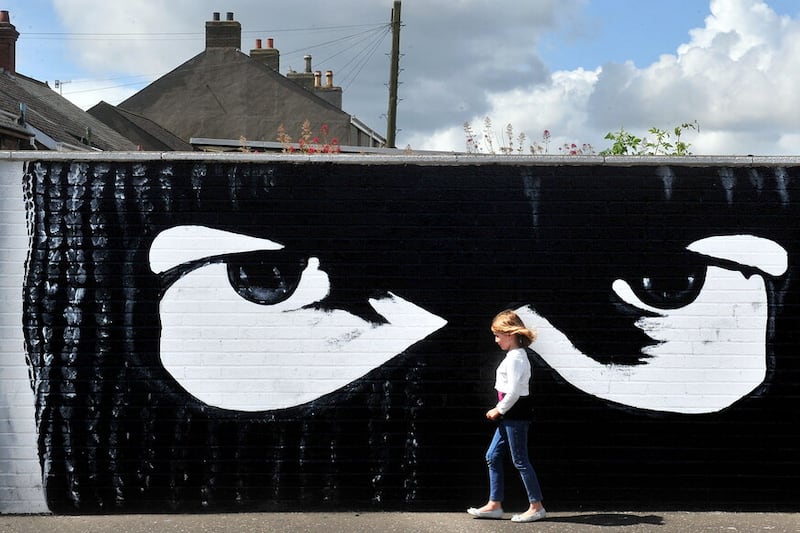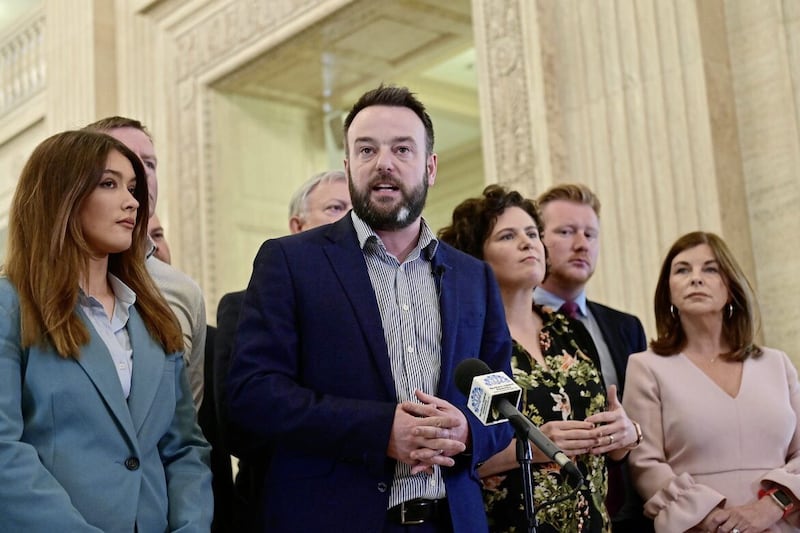It went somewhat unnoticed but Dáil Éireann has comprehensively rejected a border poll - even in the event of a no deal Brexit scenario.
One TD from a socialist group said, “it would be reduced to a sectarian headcount.” The majority of TDs agreed.
Unionists worrying over the impact of the backstop in the Withdrawal Agreement - (something that may never actually happen) should pay more attention to politics in the Republic of Ireland.
The mainstream Irish parties make for better friends of unionism than the pro-union parties at Westminster. In British politics Northern Ireland unionist parties are only there to be bartered and played. They never were and never will be regarded as being on a full and equal footing as their English counterparts.
That said, the constitutional position of Northern Ireland is not about to collapse. There’s more chance of the Albert Clock falling over. Paradoxically Sinn Féin voted for the Withdrawal Agreement in Leinster House but refuse to use their clout at Westminster to do likewise.
The arguments for abstentionism are not sustainable in the 21st century. Which of us today would defend policies that were created over a hundred years ago? Rules which banned women from voting, criminalised homosexuality and permitted the hanging of seventeen year olds. Abstentionism was a political tactic - rightly abandoned by Sinn Féin towards the Dail and Stormont when it was expedient. It’s time to review its use.
Supporters of Sinn Féin have been expressing their frustration on social media at the Labour leader, Jeremy Corbyn. There is a sense of betrayal by Corbyn. He was a strong supporter of Sinn Féin throughout some of the worst days of the Troubles.
Even recently, John McDonnell declared he would love to see a united Ireland. Though it is a bit rich to lobby the British Labour Party to support the Withdrawal Agreement when the furthest Sinn Féin MPs go in Westminster is to the tea rooms. It’s an odd sense of patriotism when it seems that Ireland needs are subservient to those of Sinn Féin.
Corbyn’s about turn is intriguing. He can’t have much time for unionists. They have spent years ridiculing him about his support for the IRA. Now they welcome his opposition to the Withdrawal Agreement. It will be a short lived fling.
Mainstream unionists live in fear of Corbyn becoming prime minister - it would be more than karma if through the intransigence of the DUP, that the arithmetic at Westminster led to the accidental formation of a Corbyn administration.
That would lead to consequences in Northern Ireland. Of course, Corbyn desires a general election but that's like blowing on a dandelion puff and making a wish. Fixed term parliaments mean that he would have to clear that hurdle first. Even ardent remainers like Anna Soubry won’t vote for a general election.
If the DUP are inflexible on the Withdrawal Agreement, the Ulster Unionists are like reeds blowing the in the wind. Robin Swann, the Ulster Unionist leader, is a man who seems incapable of going where the logic of his arguments take him. Swann takes swipes at the DUP then rows quickly in behind them. He has failed miserably to create any clear red, white and blue lines between his party and the DUP. Just as they often accuse the SDLP of mimicking Sinn Féin, the Ulster Unionists are continually trying to out-Orange the DUP.
Liberal unionists increasingly look towards Lady Hermon as their standard bearer. Unlike Swann she cuts a formidable figure in espousing the type of pluralist British values that unionism talks about but fails to deliver on. Hermon is a voice of political sanity in an increasingly polarising debate about Brexit. It’s her moderation and common sense that sharply contrasts with the belligerence of the DUP.
The DUP claim of protecting the union is undermined by the polarisation and marginalisation caused by their use of colourful language and hardline attitudes.
By agitating to defend what is not under any meaningful threat, the DUP are driving moderates and a younger generation towards the very thing the DUP fear most - Irish reunification.
It’s hard not to be bewildered by the twists, turns and strange bedfellows in Brexit.
Columnist and former Tory MP Matthew Parris wrote some time ago: ‘If democracy, which is meant to be a force for resolving ambiguities and stitching things together, becomes a hammer by the majority, closer to a zero sum game, where if you can branch a numerical threshold you may swamp the other tribe...economics and sound administration are relegated.”
Sound familiar?









